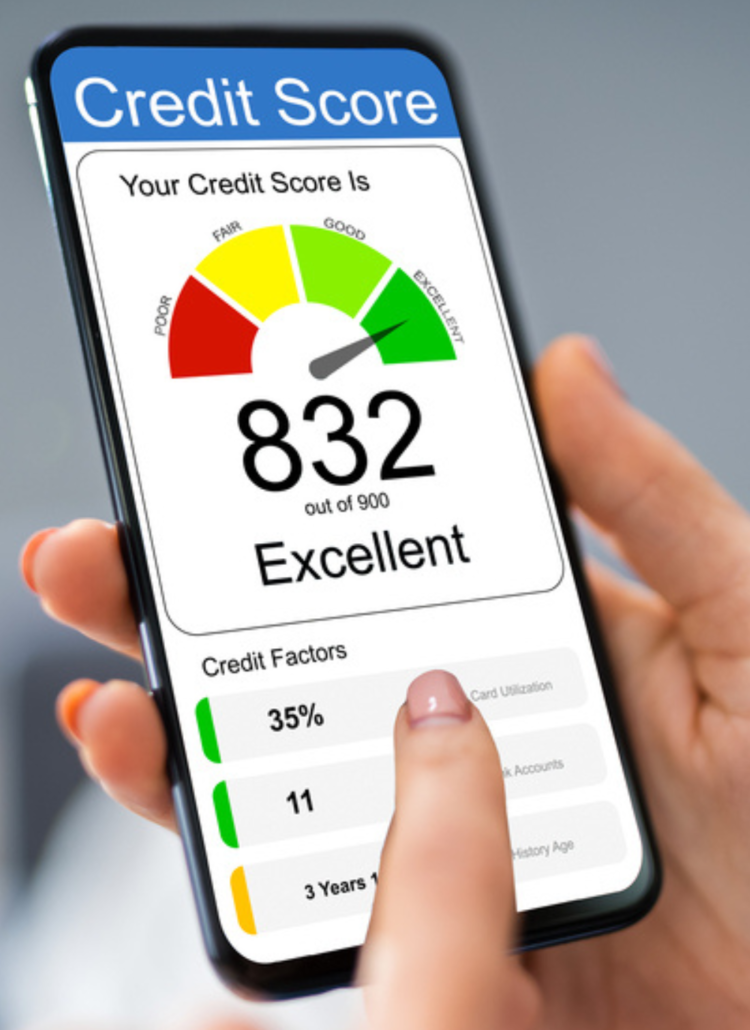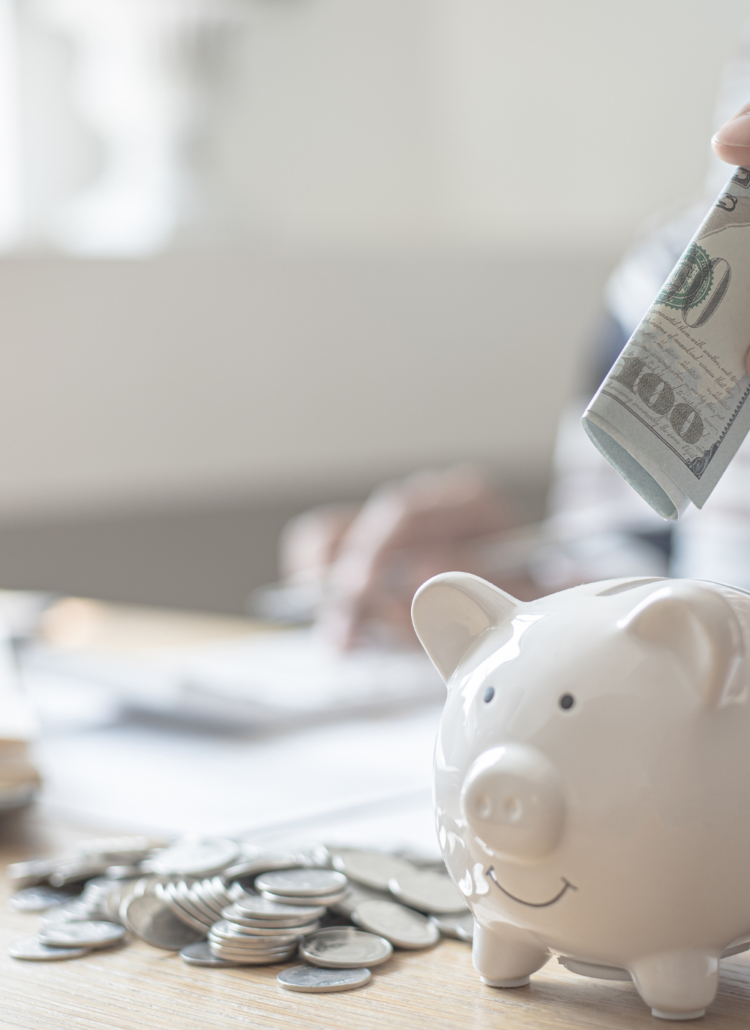If you’re like me, you’re tired of feeling trapped by debt and ready to break free. Let’s dive into the top 10 things that might be keeping you in debt and how we can tackle them together. Let’s do this!

How To Get Out Of Debt By Overcoming These 10 Bad Habits.
1. Ignoring the Problem
Debt can feel overwhelming, especially when money is tight. It’s tempting to bury our heads in the sand and pretend the problem doesn’t exist. But ignoring it won’t make it disappear. In fact, it’ll only make it worse. Facing your debt head-on is the first step toward financial freedom. Take a deep breath, grab a notebook, and let’s start crunching those numbers together.
2. Living Beyond Your Means
It’s easy to fall into the trap of spending more than you earn. Whether it’s indulging in luxuries or simply not keeping track of expenses, living beyond your means only digs you deeper into the debt hole. But fear not, there’s hope! Take a hard look at your expenses and find areas where you can cut back. Remember, living within your means is key to getting out of debt when you’re broke.
3. Not Having a Budget
A budget is your roadmap to financial success. Without one, you’re essentially flying blind. It’s like embarking on a road trip without a GPS – you might eventually get to your destination, but it’ll be a bumpy ride. Sit down and create a budget that works for you. Take into account all your expenses and income, and then stick to it religiously. You’ll be amazed at how quickly you can start paying off debt once you have a plan in place. Check out my post on budgeting and how to create an emergency fund with a simple step-by-step guide.
4. Paying Only the Minimum
Paying only the minimum on your debts is a surefire way to stay in debt for years to come. While it might seem like you’re making progress, you’re actually just treading water. Instead, try to pay as much as you can afford each month. Even if it’s just a little extra, every bit helps. Remember, it’s all about finding creative ways to pay off debt, even on a low income.
5. Using Credit Cards Unwisely
Credit cards can be a double-edged sword. On one hand, they offer convenience and flexibility. On the other hand, they can easily spiral out of control if not used responsibly. If you’re using credit cards to finance a lifestyle you can’t afford, it’s time to reassess. Cut up those cards if you have to, and focus on paying off the balances. Learning how to use credit cards responsibly is crucial for paying off debt.
6. Neglecting Emergency Savings
Life has a way of throwing curveballs when you least expect it. Without an emergency fund, you’ll be forced to rely on credit cards or loans when disaster strikes, further adding to your debt burden. Start small and build up your emergency savings over time. It’s a safety net that can help you stay on track with your debt repayment plan.
7. Not Seeking Help
You don’t have to tackle this alone. There are resources available to help you, from financial advisors to debt counseling services. Don’t be afraid to reach out and ask for assistance. Learning how to get out of when you are broke often involves seeking support from others.
8. Failing to Prioritize Debt Repayment
Paying off debt should be one of your top priorities. It’s tempting to put it off in favor of other expenses, but the longer you wait, the more interest you’ll accrue. Make a commitment to prioritize debt repayment and stick to it. It’s all about making it a non-negotiable part of your financial plan.
9. Succumbing to Lifestyle Inflation
As your income increases, so do your expenses – if you’re not careful. Avoid the temptation to upgrade your lifestyle every time you get a raise. Instead, put that extra money toward paying off debt faster. Resisting lifestyle inflation is crucial for accelerating your journey to financial freedom.
10. Lack of Patience and Persistence
Paying off debt takes time and effort. It won’t happen overnight, and there will be setbacks along the way. But with patience and persistence, you can achieve your goal of financial freedom. Remember, every small step counts. Keep pushing forward, and you’ll get there.
Debt can feel like a heavy burden, especially when you’re living on a low income. But it’s not insurmountable. By facing the problem head-on, creating a budget, prioritizing debt repayment, and seeking help when needed, you can take control of your finances and pave the way to a debt-free future. It’s all about taking small, actionable steps toward your goal of financial freedom. You’ve got this!



